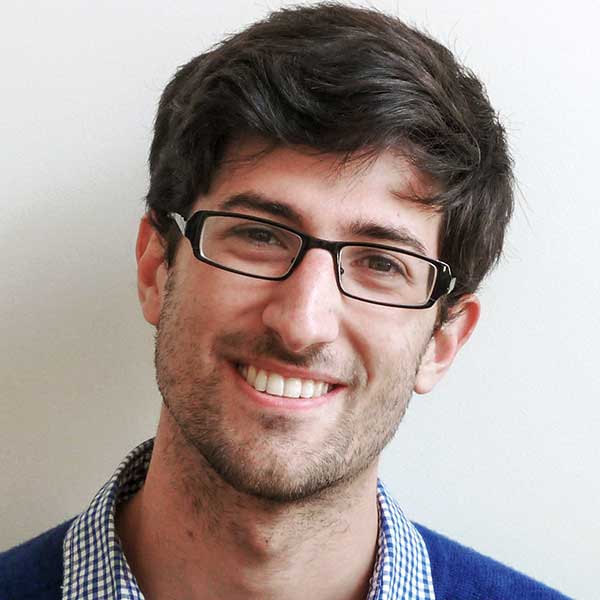Mark-Anthony Turnage is one of the UK’s biggest names in contemporary music, known for thinking outside the classical box. He’s not averse to crossing genres (he did study with American jazz great Gunther Shuller), and is pretty up-to-date as far as opera’s concerned (his most recent told the lifestory of Anna Nicole Smith). The music here is Turnage’s foray into the world of dance. Undance (2011) was a collaboration with choreographer Wayne McGregor, and finds its creative origins in a concept artwork by Mark Wallinger. Opposing verbs like dig/twist, jump/hammer, spill/throw, form the basis of each section. Turnage’s music ranges from jaunty, jazz-like band music with an almost Stravinskian sonority to soft, melancholic strings. Crying Out Loud (2002-2003) was originally composed for Ensemble Modern and used in Heinz Spoerli’s Peer Gynt ballet. Much of the music bears traces of jazz and other non-classical traditions. Turnage’s rhythmic language has a perky groove and is relentlessly unstable, conjuring images of jerking dancers all akimbo. The members of the Rambert Orchestra manage the transparent writing with assurance, and become a discrete jazz combo in the final work, No Let Up (2003), with flute, soprano saxophones, bass clarinets and brass. The sound world of…
July 16, 2014
The story of an Indigenous hero is about to become an epic choral work by Paul Stanhope.
July 12, 2014
When the war came, Szymanowski wanted to get away from German influences. The answer lay in the music of France and the dreamy harmonic language of Debussy and Ravel. How fitting, then, that this disc of largely wartime works is performed by a Frenchman. Cédric Tiberghien treats the impressive colouristic range of this music with great sensitivity and deftness of touch. The Opus 33 Études are short, whimsical splashes of inspiration carried effortlessly by Tiberghien’s agile playing. The performance is expertly nuanced, and captures the quicksilver transience of the music. You could call this music flagrant fantasy, and Szymanowski was nothing if not a dreamer. Following trips to Italy, Sicily and North Africa, the Polish composer developed a fascination with exotic locales that demanded expression. The Masques and Métopes, written between 1915 and 1916, draw on characters and stories from the mythic traditions of Greece, Northern Europe and the Middle East. Tiberghien’s take on the Métopes are particularly expressive. Calypso is like magic. The vibrant wash is overkill at times, making the four Études of 1902 a welcome sojourn. Bridging the Masques and Métopes, the Op. 4 Études bear an affinity with the language of Scriabin, and reveal a younger…
June 26, 2014
Viola virtuoso gives the violin a run for its money in this masterful recital.
June 19, 2014
Raw and eclectic sounds in ELISION ensemble’s first concert at Sydney’s Carriageworks.
March 19, 2014
Holly Harrison was “surprised and excited” when her piece was selected at the Apeldoorn Young Composers Meeting. Continue reading Get unlimited digital access from $4 per month Subscribe Already a subscriber? Log in
March 6, 2014
Legendary Romanian pop singer Maria Tanase brought to life in a groundbreaking multimedia performance. Continue reading Get unlimited digital access from $4 per month Subscribe Already a subscriber? Log in
March 3, 2014
Leading soprano withdraws at a month’s notice claiming that Margueritte is “not right” for her. Continue reading Get unlimited digital access from $4 per month Subscribe Already a subscriber? Log in
March 3, 2014
Australia’s international star composer discusses music, his relationship with the past, and his plans for the future. Continue reading Get unlimited digital access from $4 per month Subscribe Already a subscriber? Log in
February 28, 2014
OzAsia Festival to premiere acclaimed dance drama Red Sorghum at the 2014 Festival. Continue reading Get unlimited digital access from $4 per month Subscribe Already a subscriber? Log in
February 24, 2014
Eight young artists to get hands on practical experience with a major opera company. Continue reading Get unlimited digital access from $4 per month Subscribe Already a subscriber? Log in
February 12, 2014


